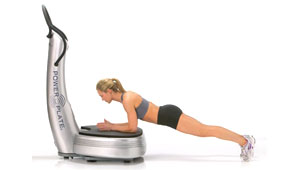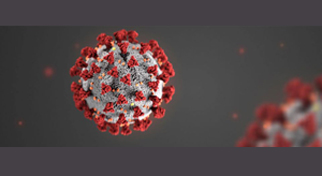
Joshua Millstein, D.O
Gallstones may be small, but they can cause major pain. Each year, millions of Americans develop gallstones that can interfere with the function of the gallbladder and cause distressing symptoms.
The gallbladder is a small, pear-shaped organ on the right side of your abdomen, just beneath your liver. After your liver produces bile, a fluid that helps your body digest fat, it’s stored in your gallbladder until you need it.
After you eat, your gallbladder releases the bile into your small intestine through a system of ducts. When your gallbladder is working properly, this process is smooth and painless. When your gallbladder is diseased, it’s a different story.
Gallstones, which often are a result of an excess of cholesterol, are a frequent cause of gallbladder disease. When gallstones interfere with the flow of bile into the small intestine, they can cause symptoms such as pain in the right upper abdomen and in the back between the shoulder blades—especially shortly after eating a meal high in fat.
You have a higher risk of developing gallstones if you’re overweight or obese, are female, have diabetes, use hormone replacement therapy or birth control pills, are over age 60 or have a family history of gallstones. In addition, rapid weight loss and cholesterol-lowering medications can contribute to gallstone formation.
Certain ethnicities, such as Native Americans and Mexican Americans, are at greater risk of developing gallstones.
It’s possible to experience gallbladder issues without the presence of gallstones. The gallbladder may simply begin to function poorly, resulting in such symptoms as nausea and vomiting after eating foods high in fat.
If you’re experiencing symptoms of gallbladder disease, see your doctor. He or she can prescribe blood tests and imaging studies to determine if your gallbladder is the culprit.
Fortunately, your body can function well without the gallbladder. Surgery to remove the gallbladder is one of the most common surgeries performed today, and is typically done on an outpatient basis. Most patients return to normal activities within a week or so.










































